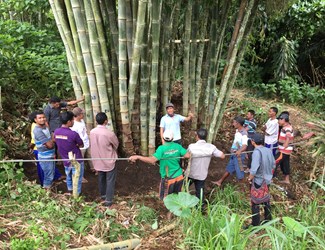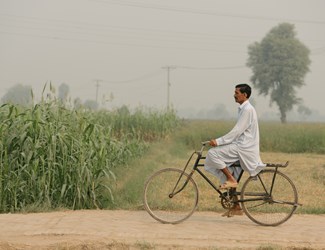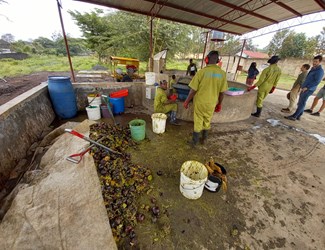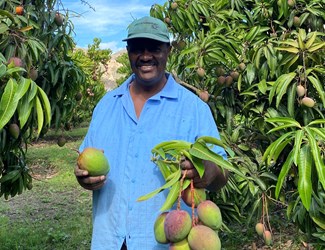Green financing
There are hundreds of billions of euros are in circulation in our economy, money that comes from banks, insurers and pension funds. What if financial institutions invested all that money in a more sustainable and greener way?
What is going on?
The financial sector could play a key role in nature conservation and restoration. Our savings and pension money, working capital and the national treasury are managed by banks and asset managers; they decide, by investing and lending money, which companies and projects should be supported.
Those investments potentially have major consequences: they can cause more nature loss or ensure nature conservation. In other words, the financial sector can influence our progress towards a green world.
A win-win situation
Green investing is a win-win situation. De Nederlandse Bank and the Netherlands Environmental Assessment Agency have calculated that Dutch financial institutions have 500 billion euros in outstanding loans to companies that are highly dependent on nature.
The increasing loss of nature means an increasing risk of production loss for companies. 'Greener' investments are therefore not only good for the planet, but also have a major effect on the returns of banks, pension funds and insurers.
The road to a nature-positive economy
Dependent on nature
The Dutch economy is not alone in being heavily dependent on nature, the same applies to half of the global economy to a sum of 44 trillion dollars, according to research by the World Economic Forum.
But there are also opportunities. Food, infrastructure and energy are the three industries responsible for almost eighty percent of nature loss worldwide. Altering the way we invest in those industries will create 400 million jobs and $10 trillion in business opportunities.
What is WWF doing about it?
The more green investments, the better. We call it 'nature-positive financing': loans and investments that are good for biodiversity, nature and the climate.
WWF has two way of working towards an economy that is in harmony with nature:
-
1
Making the financial sector 'greener'
By making the processes in the financial sector greener. We provide insight into the risks that institutions run when they invest in practices that cause biodiversity loss.
-
2
Making investments 'greener'
We link financial institutions to green projects developed by WWF and local companies in natural areas so investments are sustainable.
Revealing financial risks
WWF assesses how companies depend on nature, what impact their activities is on biodiversity, where both the risks and the opportunities are for the asset managers. Our Taskforce on Nature-related Financial Disclosures (TNFD) sheds more light on these matters.
It is a framework that provides insights, knowledge and guidelines. WWF also enters into partnerships with financial institutions such as Rabobank and Robeco so we can make the sector more sustainable from within, forming a broader coalition of companies that contribute to more nature. In this process, we always remain honest, sharp and critical. We want a greener, sustainable world, as soon as possible and that is always paramount in all our advice.
Green investment projects
WWF also helps financial institutions invest in green projects and organisations worldwide with the help of funds like the Dutch Fund for Climate and Development (DFCD), a fund focusing on climate adaptation and nature restoration projects in developing countries. This strategy helps the most vulnerable communities and ecosystems become more resilient to the consequences of climate change.
The fund was able to start in 2019 thanks to €160 million from the Ministry of Foreign Affairs. In the 5 years that followed, DFCD managed to mobilize no less than €1.3 billion in private capital for sustainable projects by companies. For example, companies in these projects help to combat deforestation and ensure more clean (drinking) water.
We also participate in Mobilising More for Climate, a programme in which we work together with local companies and organisations on projects with a positive impact on people and nature in countries like Cameroon, Ghana, Indonesia, Mozambique and Uganda.
How can you help?
Ask your bank or pension fund about the green options they offer. You do not always need to change banks. Our aim is to have as many people and companies as possible switch to a nature-inclusive economy.
The more customers ask for green alternatives, the more important it becomes for the bank or insurer to get started.
More and more financial institutions recognize the importance of biodiversity and nature restoration, and that is reflected in their products. For example, Robeco has set up a biodiversity fund for business clients, which means your money, too, can contribute to a sustainable world.
What have we achieved so far?
Making the financial sector greener:
- Robeco has set up a biodiversity fund for business clients, which enables them to invest in companies that demonstrably have a positive impact on biodiversity. WWF-NL provided input for Robeco's roadmap for Biodiversity and Robeco receives advice and assistance in developing investment strategies for biodiversity.
- WWF and Rabobank together drew up sustainability criteria Chile's largest salmon producer must comply with before the company could be granted a $100 million loan.
- To measure the impact and performance of farmers on the restoration of biodiversity, Rabobank and WWF have developed a biodiversity monitor. We focus on goals rather than on measures, so that entrepreneurs still have the freedom to do what works for them.
Alliances made:
- WWF worked with the Dutch Banking Association (NVB) and Deloitte to develop the Taskforce on Nature-related Financial Disclosures, a framework created for, and by, the business community, in which 40 senior executives have laid down how best to incorporate more nature into daily decision-making.
- The Finance for Biodiversity Pledge is an international alliance of financial institutions. At the end of 2020, they made a pledge to make the protection and restoration of biodiversity a main priority of their operations. Dutch institutions are taking the lead in this matter, but already 126 institutions worldwide have joined and jointly they manage $19 trillion.
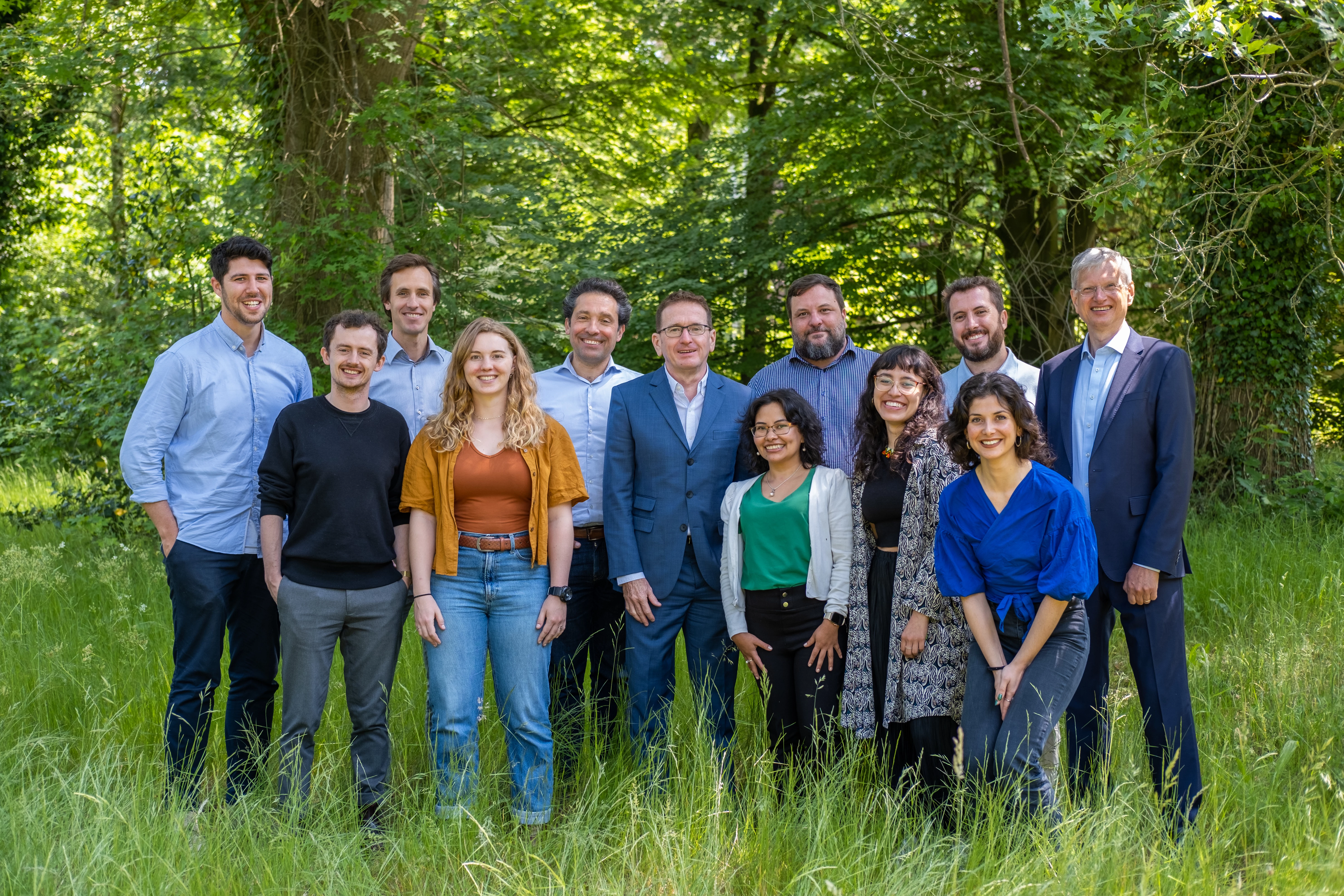
Blogs
Our people like to talk about their work. That's why they write blogs full of inspiration, knowledge and experiences. Enjoy reading!

